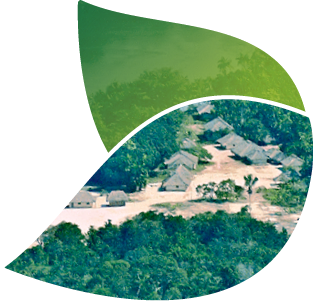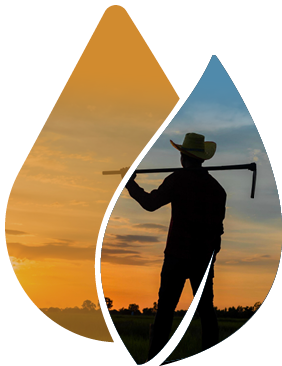The following social and environmental criteria were considered:
- Embargoed Areas
- Slave Labor
- Conservation Units
- Indigenous Lands
- Soy Moratorium
- Green Grains Protocol
- Control of Authorized Suppression in the Cerrado
These criteria are rules, standards, laws and commitments established in specific legislation or private sector agreement. Member companies are responsible for their business practices and decisions.
Producers that have any restrictions due to noncompliance with any specific legislation must regularize their situation with the competent authorities and, in case of private restrictions, with the companies with which the producer intends to establish a commercial relationship.

Indigenous Lands
Indigenous people have their social organization, customs, languages, beliefs and traditions recognized by the Brazilian Federal Constitution. They also have original rights over the lands they traditionally occupy, those used for their productive activities and those essential for the preservation of environmental resources, and the Federal Government is responsible for demarcating such lands and protecting them.
Under Law 6,001/1973, indigenous lands cannot be leased or be the subject of any legal act or transaction that limits the full exercise of direct possession by the indigenous community itself, and third parties are prohibited from hunting, fishing, picking fruits and carrying out agricultural or extractive activities in these lands.
The right of enjoyment guaranteed to indigenous peoples encompasses the right to possession, use and enjoyment of natural resources and all utilities existing in the occupied lands.
Working Conditions
Abiove is a signatory of the National Pact to Eradicate Slave Labor, which brought together Brazilian and multinational companies that undertook the commitment to not do business with those who exploit slave labor. It was managed by the Ethos Institute, the Social Observatory Institute (IOS), the International Labour Organization (ILO) and the NGO Repórter Brasil.
Slave labor is one of the social and environmental criteria for management, promotion of production and acquisition of soybean in Brazil, disseminated by Abiove and the Brazilian Association of Cereal Exporters (Anec). This commitment provides that any negotiations of Abiove’s member companies must be preceded by a consultation of the Employers Register, published by the Ministry of Labor and Social Security, under MTE Ordinance 1,129/2017, which lists employers that subjected workers to working conditions similar to slavery.
Since 2006, the soybean production chain has adopted a zero-tolerance policy towards working conditions similar to slavery. Companies in the sector have included in their soybean purchase agreements a clause on the termination of commercial agreements if there is evidence of abusive labor practices.
